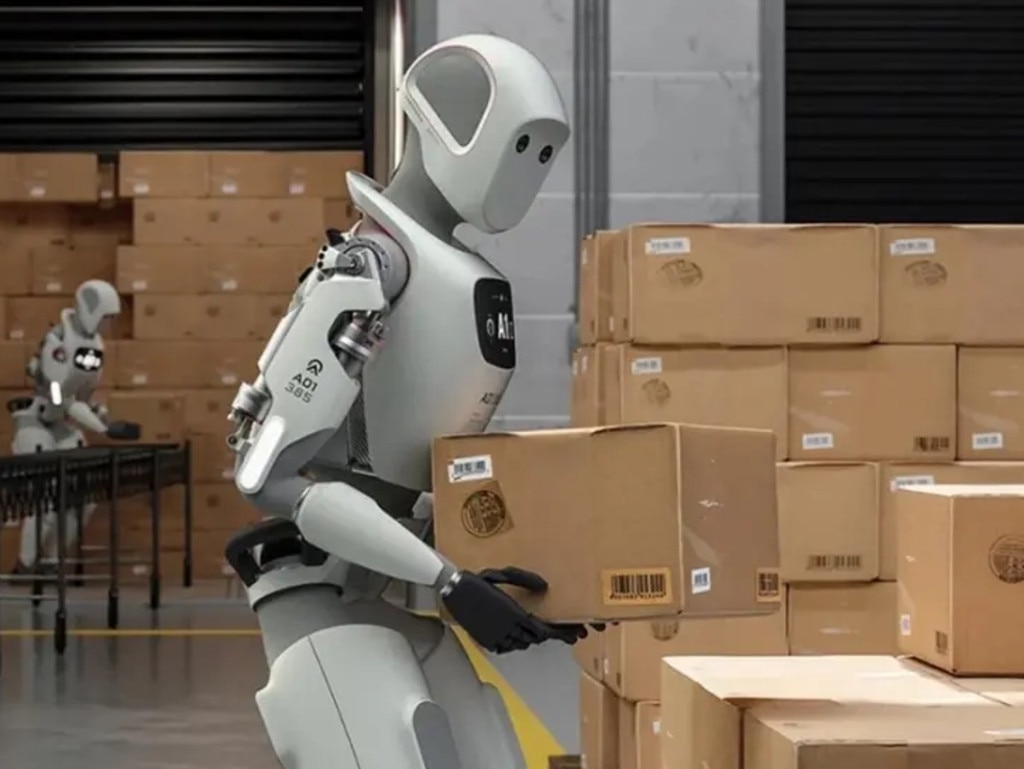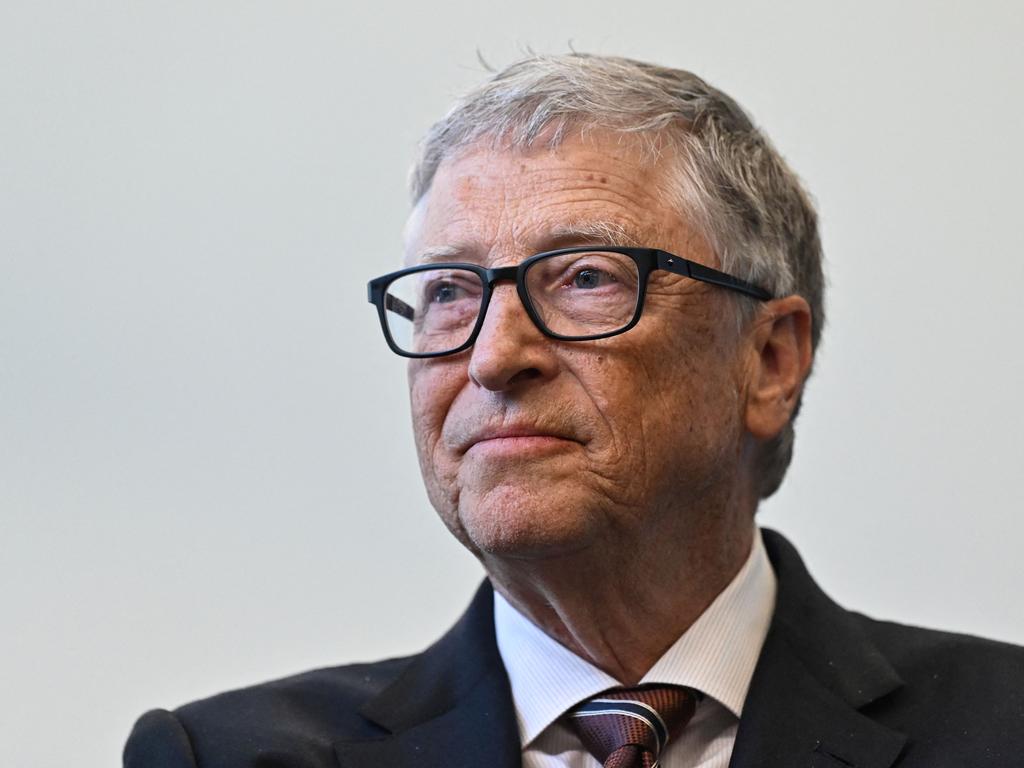‘The machines can make all the food and the stuff’: Bill Gates likes the idea of a three-day work week
Microsoft founder Bill Gates says he is looking forward to a future where technological advances mean humans only have to work a three-day week.

Microsoft founder Bill Gates says he is looking forward to a future where technological advances mean humans only have to work a three-day week.
Speaking to comedian Trevor Noah on his What Now? podcast on Tuesday, the billionaire explained that from the ages of 18 to 40 he was “mono-maniacal” about building his company – but now at 68 he believed the “purpose of life is not just to do jobs”.
“So if you eventually get a society where you only have to work three days a week or something, that’s probably OK,” he said.
“The machines can make all the food and the stuff and we don’t have to work as hard.”
Mr Gates was discussing the positive impacts, as well as the potential downsides of artificial intelligence.
A growing number of companies have been trialling four-day work weeks, and JP Morgan chief executive Jamie Dimon recently predicted that the next generation would only have a three-and-a-half day week thanks to AI.
“Your children will live to 100 and not have cancer because of technology and they’ll probably be working three and a half days a week,” Mr Dimon told Bloomberg.
Earlier this year, investment bank Goldman Sachs said generative AI – which exploded into the mainstream with the release of ChatGPT last year – was a “major advancement” and could replace the equivalent of 300 million full-time jobs around the world.
Goldman Sachs analysts warned that “significant disruption” was on the way for the labour market, with an estimated two-thirds of jobs able to be automated to at least some degree.
On Thursday, a new report warned up to 46 per cent of jobs in Australia could be replaced by AI by the end of the decade.

Mr Gates agreed there would be “displacements, but if they come slow enough they’re generational”.
“You could have had a grandfather who thought the only real job was being on a farm, and a father who did some farm work, and now this generation only 2 per cent of Americans are involved in farming in any way – and that’s OK,” he said.
“If it proceeds at a reasonable pace and the government helps those people who have to learn new things then it’s all good. But eventually if you free up human labour you can help elder people better, have smaller class sizes. The demand for labour to do good things is still there, if you match the skills to it. And then if you ever get beyond that you have a lot of leisure time and we’ll have to figure out what to do with it.”
But he said there were serious concerns about AI.
“In the near-term the productivity gain you get from AI is very exciting,” he said.
“If you’re programming it will suggest filling things in, or it will help you create tests. It’s taken away part of the drudge work – a doctor who has to fill out paperwork, if the software listens in it can help write the letters. The big concern is about the generations yet to come when it gets way smarter than it is now, and if a person with mal-intent was using that say for a cyber-attack or a to make a deepfake that makes a politician look like they’re doing something awful.”
Mr Gates said he did not perceive potential downsides of technology until the rise of social media.
“Until social networking came along I always thought of computing as helping us be more moral and achieve our highest values,” he said.
“When we made word processor we thought this allows anybody to express themselves, it’s like they have a big typesetting machine. We never thought they could do really rude documents, it was just about empowerment and productivity.”
But social networks gave rise to the idea that “you could kind of cluster around crazy ideas or hate, and that outrage would get people to click more, that was a huge disappointment to me”.

“That the digital revolution had this negative side, that it played to some human weaknesses,” he said.
“But until social networking, I always thought we’re the empowerment people, we’re tools for the mind so people can be more creative. Of course that’s still there … but also now this fear of what does it mean letting people cluster into their own groups and be polarised. Even the craziest ideas, people can create a community [where] we all believe this insane thing.”
He said question of “does the good outweigh the bad” with new technologies was a “huge challenge”.
“You can’t depend on the nerdy people like myself to understand what the impacts are going to be and to shape those and set the rules around them,” he said.
“So now we see this with AI, where again [there is] fantastic positive potential, but people [are] trying to anticipate where will there be downsides.”
Mr Gates pointed back to the combination of Covid plus social media.
“What came out of that, including some stuff focused on me, was completely stunning,” he said.
“I was out on the street in Seattle and woman came up yelling at me about how I was tracking her, and I looked at her and thought, ‘Gosh I don’t really need to track you. Let me take the chip out of you.’”
He added that while he had to “laugh” at conspiracy theories, “the fact that a book that talked about [Dr Anthony] Fauci and I having an evil plot and actually killing millions of children with vaccines, the fact that could sell so well was just another surprise to me about human nature … that was kind of shocking”.
“The attitude towards me is not that key but the attitude towards vaccines has been damaged a lot, and getting kids to take things like the measles vaccine is super important, in many countries that’s the difference between life and death,” he said.
“So the scepticism about vaccines or medicine is very high, and that’s making our health work a lot harder.”






